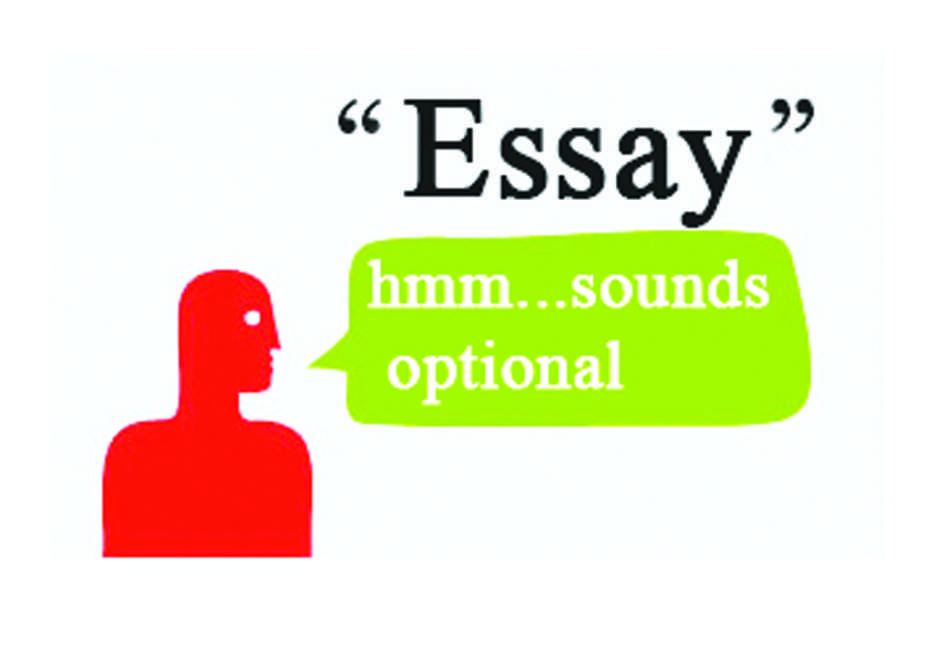Changes to SAT aren’t strictly beneficial
The changes that are to be made to the SAT are a mixed bag – the removal of the mandatory essay is a step in the right direction, while the elimination of the penalty for guessing is simply catering to a lower standard.
First, we must remember that the SAT is considered to be a college entrance exam. It’s supposed to measure one’s readiness for the higher learning in college. Any changes to the SAT have to match the trends in the college application and decision-making process.
For that reason, getting rid of the essay matches the recent tendencies of many colleges. A growing amount of colleges look at the SAT on a 1600 point scale, where the writing score is reported, but often disregarded.
For example, the University of Chicago doesn’t place much weight on an applicant’s writing score on the SAT because the school considers an applicant’s response to their admission essays to be a better indication of a potential student’s writing ability.
The writing portion of the SAT, quite frankly, is outdated. It measures a student’s ability to respond quickly to a question, whereas a better display of an applicant’s talents is seen when they respond to a prompt after careful deliberation.
The majority of real world occupations value deep thinking and deliberation over quick thinking.
Yes. it’s a nice measurement to see about an applicant – how well do you think on your feet? – but the format of the SAT makes it easy for test-takers to falsify facts to prove their point, which shouldn’t be permitted in the first place.
A more admirable skill for students to have is the ability to draft a strong and legitimately well-supported argument, which the SAT writing section doesn’t measure. Making the essay optional is a good move on the part of the College Board.
However, the removal of the penalty for guessing lessens the ability of the SAT to measure a student’s readiness for college. In theory, under this new policy, a student could guess and earn the same score that a student who didn’t guess.
What’s worse is that college admission counselors wouldn’t be able to tell which applicants were simply lucky, and which genuinely earned their scores.
In the real world, there are penalties for guessing. You either know the answer or you don’t, and the current SAT policy that penalizes test takers who randomly choose answers best imitates what happens in the real world and, by extension, college.
It can be argued that the new SAT, overall, is easier than the current format of the SAT. In the case of the essay, the modification fits the changing college admissions process.
However, the elimination of the penalty for guessing is simply catering to a lower standard, something that our education system (as a whole) is guilty of doing.

This is Christine Tamir's fourth year on the staff of The A-Blast. She is one of the two Editorials editorials for this school year. Besides the newspaper,...










